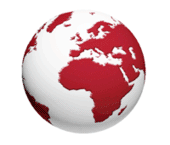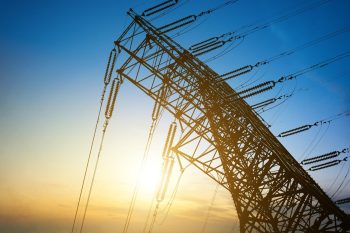GEOPOLITICAL NEWS: Lessons from Belarus: How the EU can support clean elections in Moldova and Georgia
5 years agoConversely, given that influence, the elections will be a more direct test of the EU’s credibility– and of its ability to focus on more than one country in the neighbourhood at once. This is especially true given that the protests and acts of repression in Belarus are far from over. The main findings are: • The European Union was largely on the sidelines when the Belarusian regime rigged the 2020 presidential election, but upcoming votes in Georgia and Moldova pose a different challenge. • The EU should make use of its significant leverage in Georgia and Moldova to counter their ruling parties’ extensive repertoire of electoral dirty tricks. • The bloc will need to account for the obstacles created by the coronavirus crisis, not least the difficulty of conducting large-scale monitoring missions. • The EU will also need to adjust to the ruling parties’ use of pandemic assistance for political gain, and their efforts to prevent citizens abroad from voting. Nonetheless, there is a possibility that local elites in Georgia and Moldova will exploit the coronavirus pandemic to hide or justify fraud, such as voter suppression. The crisis makes it difficult for the international community to monitor elections with a large number of observers on the ground. Moldovan and Georgian citizens abroad may find it more difficult to return home, or to vote in host states. But the EU can work around the threat of the coronavirus if it engages in careful planning. About the author: Andrew Wilson is a senior policy fellow at the European Council on Foreign Relations. His topics of focus include Ukraine, comparative politics of democratisation in the post-Soviet states, and political technology. He is also a professor of Ukrainian studies at UCL School of Slavonic and East European Studies. A new edition of his book Belarus: The Last European Dictatorship will be published next year, covering recent events. About ECFR: The European Council on Foreign Relations (ECFR) is a pan-European think-tank that aims to conduct cutting-edge independent research in pursuit of a coherent, effective, and values-based European foreign policy. With a network of offices in seven European capitals, over 60 staff from more than 25 different countries and a team of associated researchers in the EU 27 member states, ECFR is uniquely placed to provide pan-European perspectives on the biggest strategic challenges and choices confronting Europeans today. ECFR is an independent charity and funded from a variety of sources. For more details, please visit: www.ecfr.eu The European Council on Foreign Relations does not take collective positions. This report, like all publications of the European Council on Foreign Relations, represents only the views of its author. Image Credit: Zdeněk Fekar
Author
-

Broadcasting Daily from Gibraltar Newsroom our dedicated desk editors and newsdesk team of Professional Journalists and Staff Writers work hand in hand with our established network of highly respected Correspondents & regional/sector specialist Analysts strategically located around the Globe (HUMINT) Our individual Desk Editors all have specific subject authority as Journalists, Researchers and Analysts covering AI, Autonomous Transport, Banking & Finance Technology, Cybersecurity, GeoCrime, Defence 3.0, Energy & Renewables, BioEconomy and Transport & Logistics.
View all posts
Contact the NewsTeam at [email protected]







